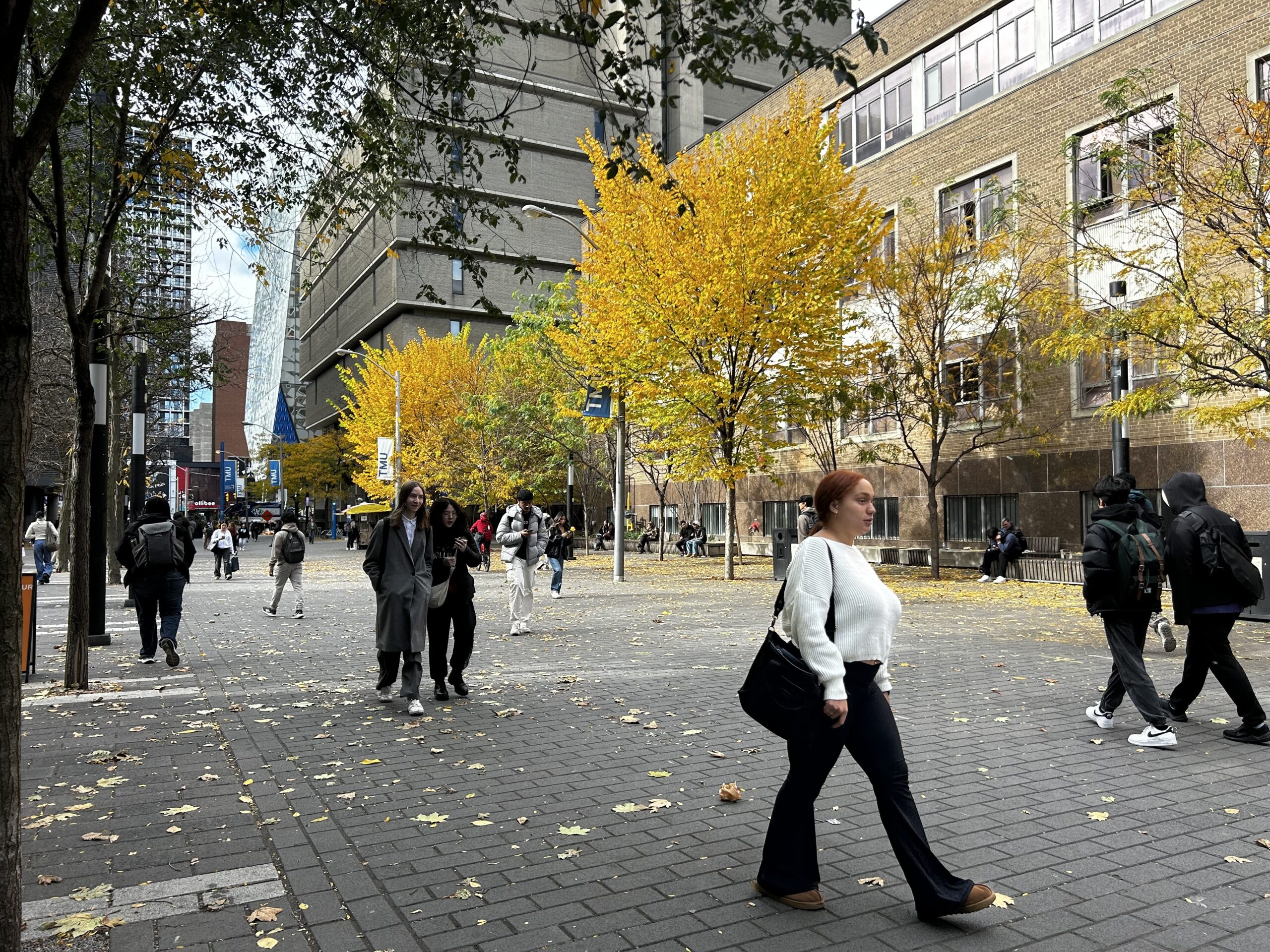
Listen to the full story here:
International students must now graduate from a list of eligible programs to qualify to work post graduation
International students must now graduate from an eligible field of study, which includes a list of 966 approved fields in order to qualify for a post-graduate work permit (PGWP). The new rule will kick in Nov. 1, and was announced in a news release by Immigration, Refugees and Citizenship Canada.
According to the Government of Canada website, the five categories of studies include agriculture and agri-food, health care, science, technology, engineering and mathematics (STEM), trade and transport.
“The changes are designed with long-term economic goals in mind to make sure that we continue to attract the best and the brightest,” wrote Immigration Minister, Marc Miller in a news release from Oct. 24.
This change is listed on the website as part of the Immigration Levels Plan which is an evaluation done by the IRCC that gathers data to see how many immigrants can be accepted into Canada per year.
“From the standpoint of the Canadian labour market, reforms are needed. The government and its services have to keep up with the times,” said Cassandra Fultz, Founder of Doherty Fultz Immigration. She says that as an immigrant herself, she has strong feelings over the new changes and that it’s been ‘heartbreaking’ to see the lack of current opportunities for her clients.
“They haven’t been living in their home country since they were a little kid, and now we’re like, ‘Okay, well, nice knowing you. Thanks for the money. Get out.’”
However, Fultz says she does understand that changes to immigration law are inevitable within the government.
“We always have to continue to implement changes, to make things up to date and to keep the system running properly, and stay ahead of the curve. But you can’t just leave people behind.”
“I personally would like to see some kind of setup where international students are directed or supported by the colleges they’re studying at. For them to gain meaningful employment,” said Usha George, an immigration expert and TMU professor.
George said she hopes that moving forward, international students will be better informed on post-graduate opportunities following the changes.
“I was hoping that there is some kind of a rationalization around these processes so that students get good advice as to what they should pursue and follow, instead of just jumping into something because then, they can also be exploited,” said George.
The current Immigration Levels Plan will “pause population growth in the short term to achieve well-managed, sustainable growth in the long term,” according to the Government of Canada website.
In accordance with this plan, The Government of Canada, reported a 21 per cent drop in the number of permanent immigrants to Canada in 2024 so far.
However, despite the current plan to cut the immigration numbers, the IRCC still states on their website that “International students are important to Canada’s labour market and our socio-cultural fabric.”
In addition, the IRCC reported that many post-secondary institutions are “deeply reliant on revenue from international tuition to operate.”
“I want to move somewhere else that does not make things so hard for me,” said Olo Longe, a second-year international student at TMU.
Reporter, On The Record, fall 2024.
This article may have been created with the use of AI tools such as Google Docs, Grammarly, and/or Otter.ai for transcription.
